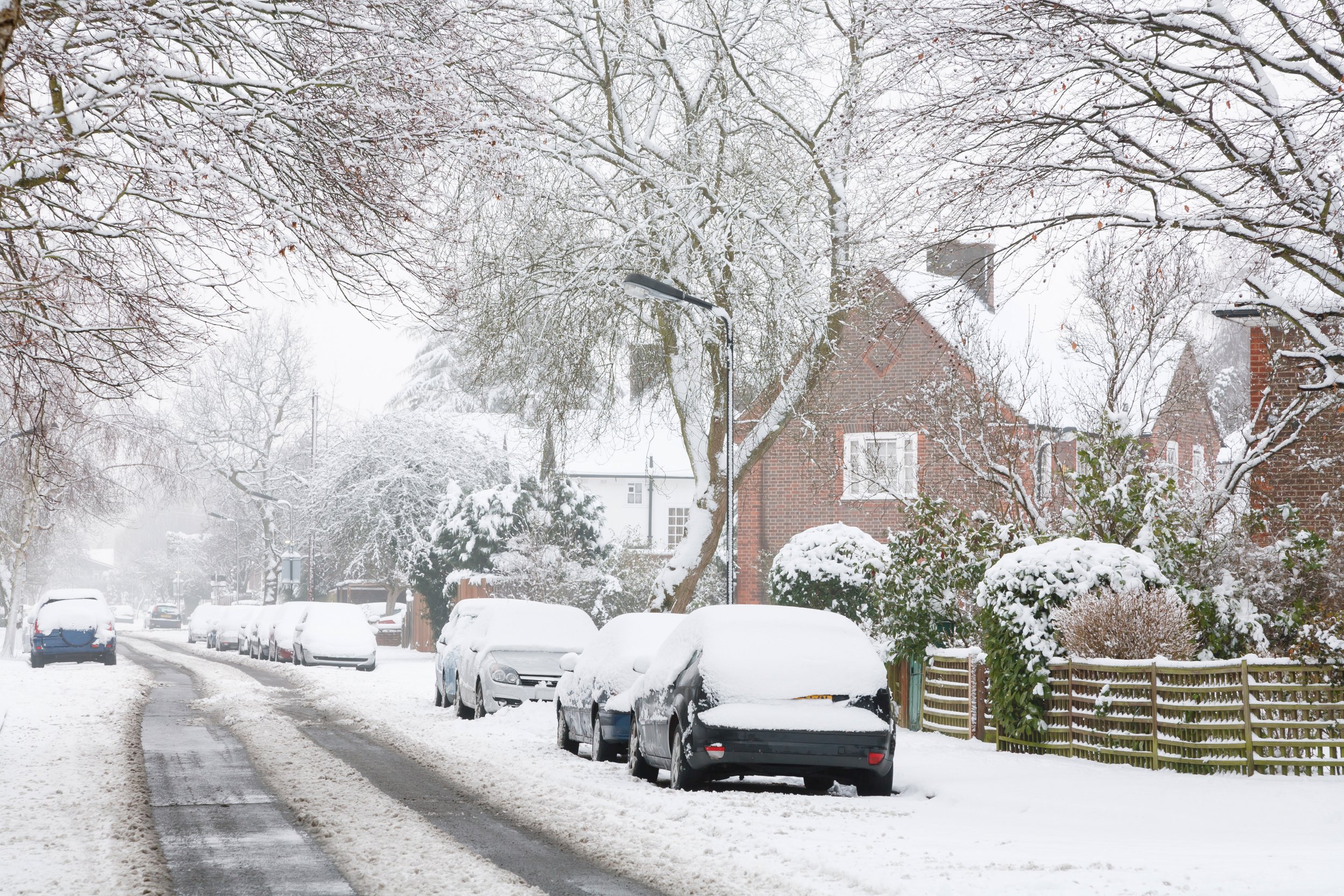
Managing Cold Weather and Winter in Rental Properties
As Storm Bert took hold on parts of the UK, there are still a number of National Severe Weather Warnings in place for snow and ice. It is therefore important to think ahead and prepare how the weather will impact landlords and tenants. The Met Office is working with the Cabinet Office and their Weather Ready partners to help prepare for and cope with severe weather.
As temperatures drop, rental properties face unique challenges that, if left unaddressed, can lead to significant damage, costly repairs, and tenant dissatisfaction. Landlords have legal obligations under Sections 11–16 of the Landlord and Tenant Act 1985 to ensure that their properties are kept in a safe and habitable condition.

A Guide to Protecting Rental Properties against Snow and Ice
With the onslaught of winter, action is required to keep properties/homes in good working order, especially in these times of the cost of living crisis. Differing extremities of weather can bring the need to adapt general maintenance and upkeep of the dwelling.
Preparation – Having an early ongoing contingency plan in place is far wiser than leaving the whole winter extreme weather to chance. Risks, hazards, and legal claims can be an easily avoided expensive outcome. Ensuring both Landlords and Tenants work together, putting winter protocol briefings in place before the bad weather hits is a surefire way of making it through the cold snap unscathed.
There is no room for complacency. It is prudent for all to take protective measures. Even the most experienced landlords need to be ahead of the game.
Keeping properties safe and functional can be achieved by taking on board some practical guidelines. From the outset, good, clear communication between landlord and tenant is a must. This will cancel out any future awkward, unnecessary and/or uncomfortable accidents, misunderstandings, or claims.
Daylight Saving Time (DST) - Clocks Move Back - 31st October 2021
Daylight saving time 2021 in United Kingdom began at 01:00 on Sunday, 28 March and ends at 02:00 on Sunday, 31 October 2021.
British Summer Time, also known as Daylight Saving Time, was the idea of a builder from Kent called William Willett. Apparently, on his way home from riding his horse in Petts Wood in the early 1900s, he noticed many of the blinds and curtains in the neighbouring houses were still drawn, even though it was light. This led him to consider the idea of adapting the time to better fit daylight hours. Back then the clocks were set all year round to Greenwich Mean Time (GMT), meaning it was light by 3am and dark around 9pm in the summer.
Although he was not the first person to come up with this idea, he was definitely the most determined, using his own resources to finance a pamphlet outlining his idea for adapting to daylight hours during the summer. His original proposal was for the clocks to be put forward by 80 minutes in total, in four steps of 20 minutes each Sunday at 2am during April and turned back in the same way in September. He argued that this would mean longer daylight hours for recreation, improving health and also saving the country money in lighting costs. Which in this day and age, really does make sense.
Autumn Prep for Landlords
As Autumn draws in, landlords, with the help of their letting agents, will take stock of their “to do list “ for the Autumn. The weather will change, the temperatures drop and tenants expectations are that they will have a nice, warm home to live in over the colder months.
Taking into consideration how drastically the weather can change, property managers will be ensuring that the properties they manage are “weather ready”. The following is a useful “to do list”.
1. The Boiler - Heating Supply & Hot Water
This time of year and right the way through to March and April, one of the most common concerns is heating and hot water. If the boiler has not yet been serviced, now is the ideal time diarise those appointments for Gas Safe Engineers. Whilst S11 of the Landlord & Tenant Act 1985 makes reference to the supply of heating/heating space and water, it is important to remind tenants that contractors are extremely busy this time of year, and this reactive approach can save a lot of issues. Remind them that access is important and Covid protocols will be adhered to.
